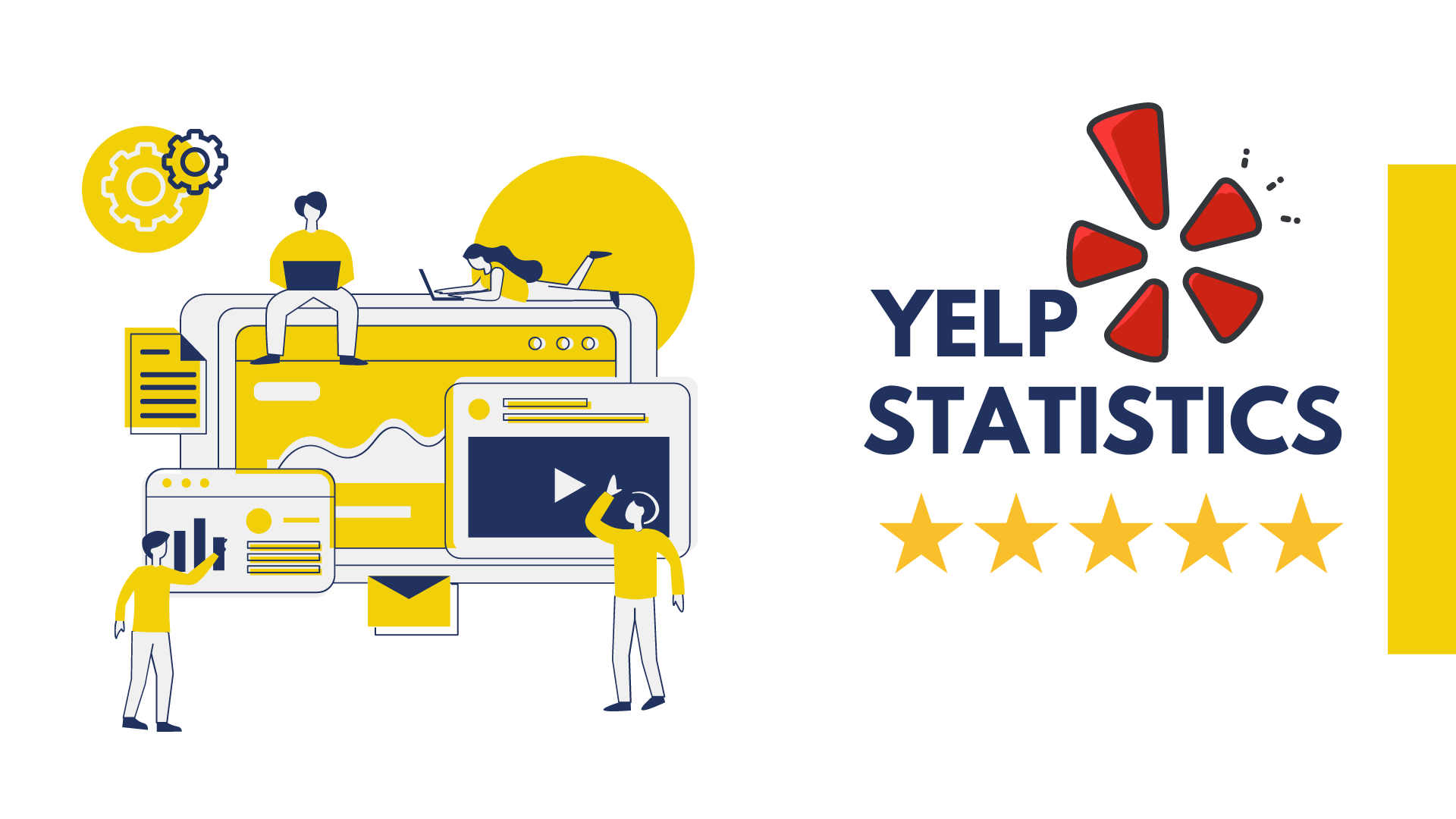Siebel Infuses SMBs with CRM
UPDATED: Executives at Siebel Systems said its competitors in the
CRM
medium-sized businesses (SMB). So they have a plan to deliver it themselves.
The San Francisco-based software company is taking a three-pronged approach
to delivering on its CRM Channel Program: a go-to-market model, a value-added
partner program and proven CRM software.
According to industry analysts, there are more than 15 million SMBs worldwide and
only two percent of those have implemented CRM in North America.
The traditional SMB vendors in the CRM space, such as
Salesforce.com, Onyx, Pivotal and SalesLogix, have under-served their
customers, said Siebel officials.
J. Michael Lawrie, Siebel CEO, said SMBs have spent considerable
effort on improving the back-office, through databases and the like, and
will increasingly focus on using that infrastructure to beef up the front
office using software that will bring in more customers.
“This is where we believe a significant investment will be made over the
next several years, so that companies can really begin to differentiate
themselves versus their competitors by the experience they create for their
customers,” he said in a press conference Tuesday. “It's really as simple
as that.”
More than 60 percent of SMBs prefer a
local or regional reseller to deliver the goods, not from a company located
a state or continent away, said Bruce Cleveland,
Siebel senior vice president and general manager for OnDemand and SMB, at the press conference.
This fact has led to one tier of Siebel's new
SMB strategy — partnering with resellers to sign Siebel software.
The company will share commissions on the sales made by its reseller
partners and help with co-marketing ventures. The SMB shift means a shift
in the way Siebel's own sales force operates. Siebel
“territory managers” will now work with their channel partners to develop
joint business plans.
“We're team-selling; it's not about simply taking some software or some
URLs, handing them to some partners and wishing them good luck,” Cleveland
said. “It's about actually sitting down with them,
coming up with an account strategy in their territories; it's about
training, education, marketing, selling and support. It involves every one
of those elements that's built and baked into the program.”
In addition to channel partners, Siebel is working with third-party software
vendors to combine and provide complementary software offerings. Called the
Siebel SMB Alliance Program, the invitation-only program allows developers
access to Siebel APIs
tailored CRM applications Siebel doesn't already serve.
Jon Van Duyne, senior vice president and general manager of Best Software,
maker of the SalesLogix CRM product, said Siebel's announcement reaffirms
the appeal of this marketplace, which it has been a part of since the
mid-1990s. With a 90 percent annual renewal rate among its 6,000-plus
customer base and more than 400 channel partners in the United States, he welcomes
the competition, even from a company the size of Siebel.
“We drive our business at the speed of the customer, so another competitor
isn't going to influence how we address our customer base,” he said. “We
feel that we know the SMB customer base inside and out; we've served them
loyally for years and we're going to continue to do that.”
Alexandra Best, senior director of marketing at Pivotal, said Siebel's tried
to show it is relevant in the SMB market segment in the past, and it has been
interesting to watch their announcements.
“The jury is out, as the jury has been out four times, on whether
they can actually make themselves relevant to the market,” she said.
“They've been challenged over and over again; Siebel, like some of the
larger integrated CRM/ERP vendors, have been extremely successful at
building a brand and being relevant to the large enterprise sector. And all
of them struggle with their positioning for the mid-sized
enterprise and smaller enterprises.”
Liz Roche, a vice president at research firm META Group, said Siebel has
been gearing up in the SMB market for some time and its success will be
determined by the number of partners it makes with resellers and alliance
members and how well the company executes on its new programs.
While the playing field for CRM vendors in the SMB space is not empty, she
said, Siebel's is a good position to make waves with its new strategy.
“Siebel's strategy of providing deployment options is what will
differentiate its mid-market offering versus someone like Salesforce.com,”
she said. “I also think that Siebel provides a growth path. Should an SMB
become successful enough to grow up into a larger enterprise Siebel will be
right there to grow with them.”
Competitors in the SMB arena, like Onyx and Pivotal, have been beset with
internal problems around business strategies, Roche said, but she expects more
pressure from other enterprise vendors like SAP who will bring their own
products to the mid-market.
